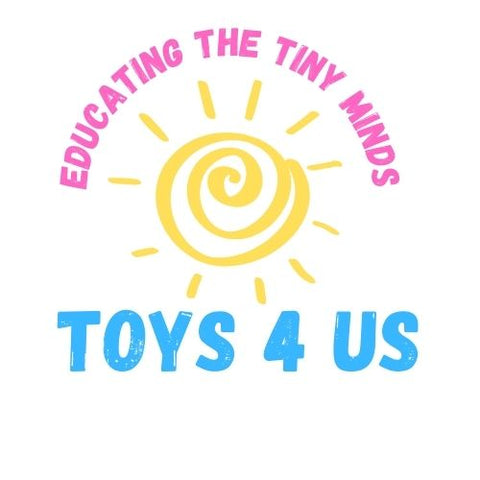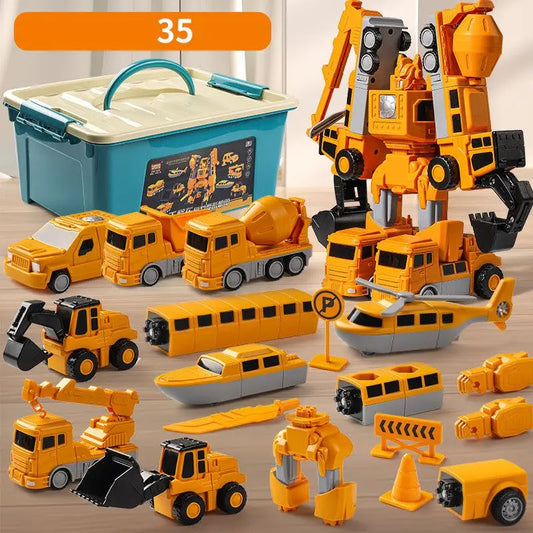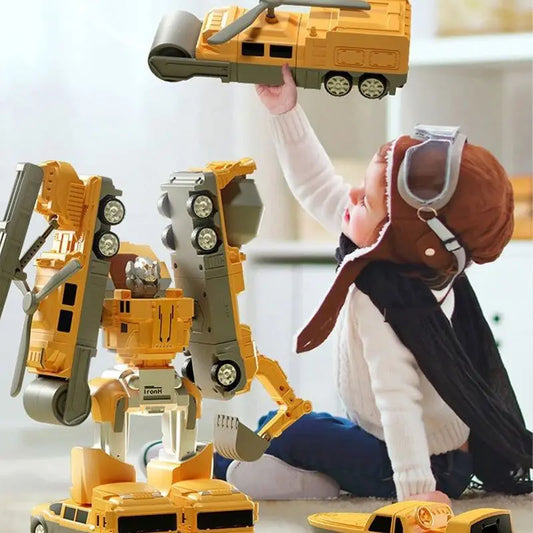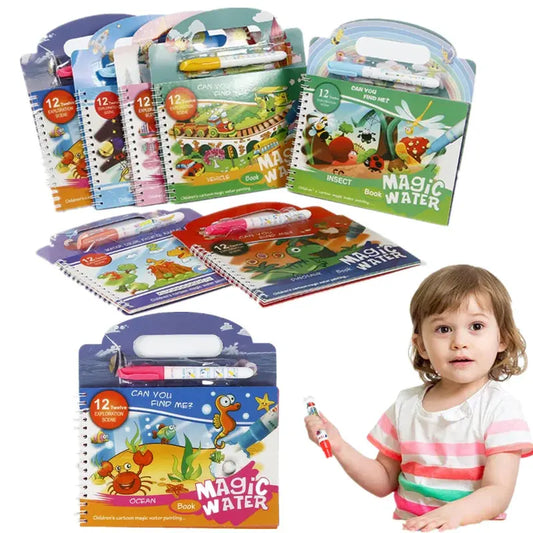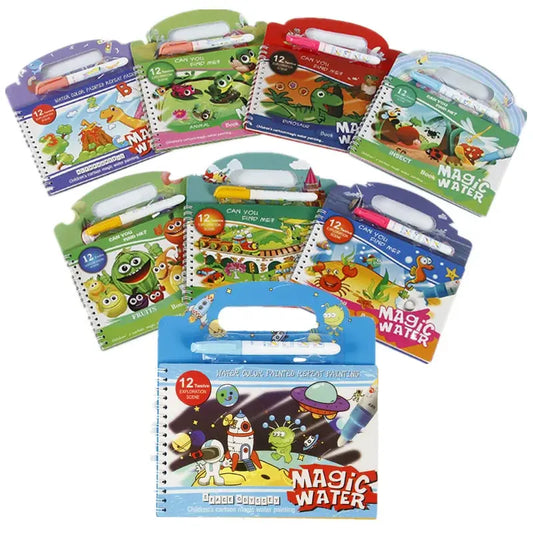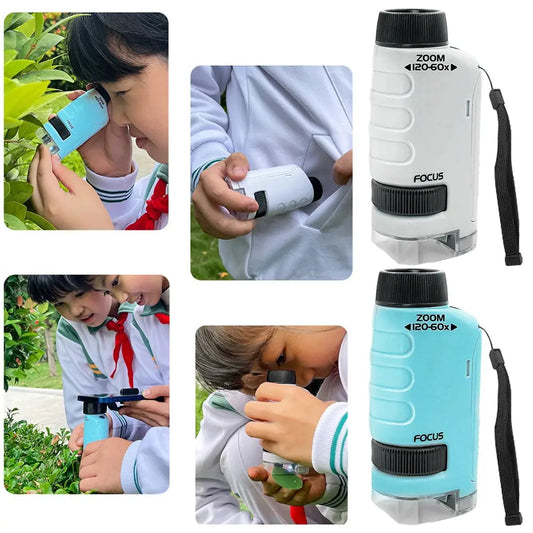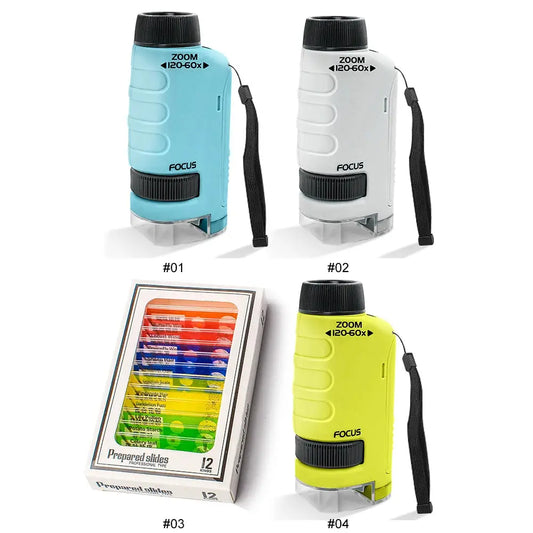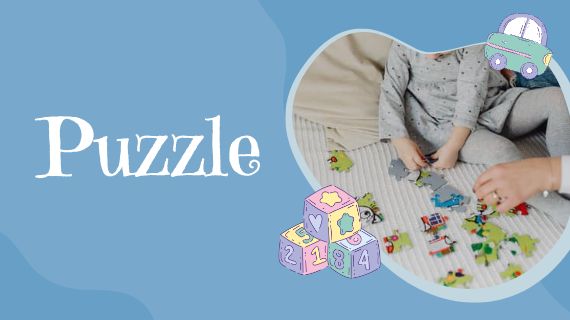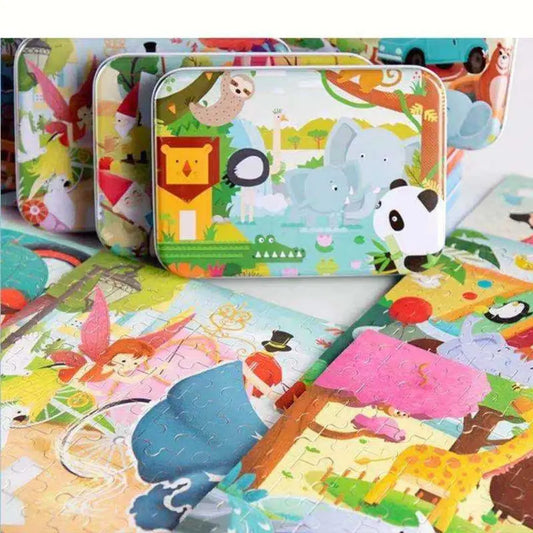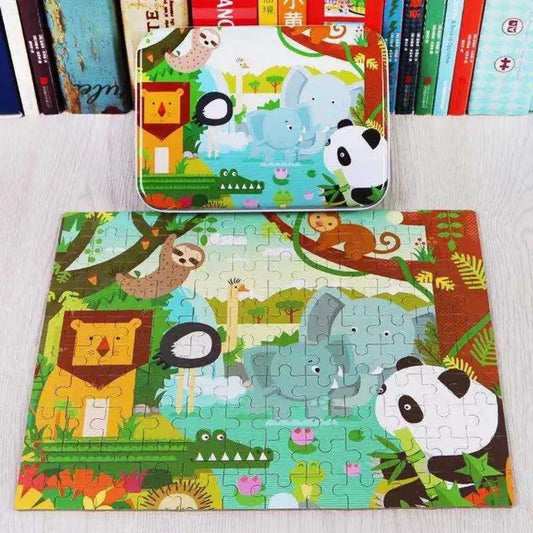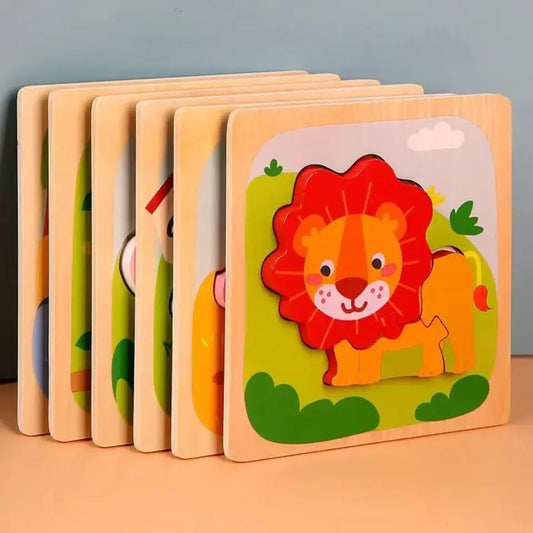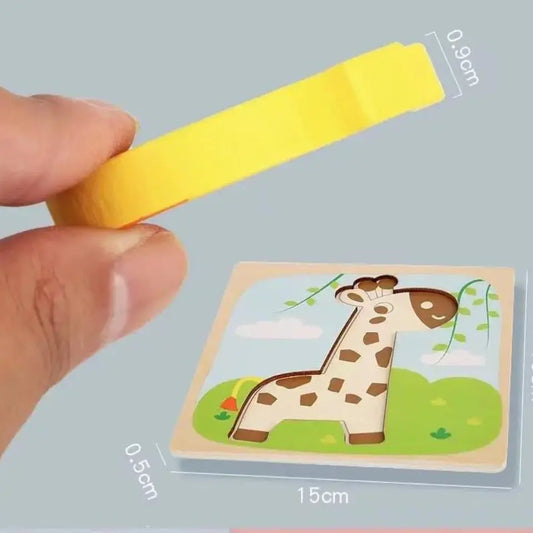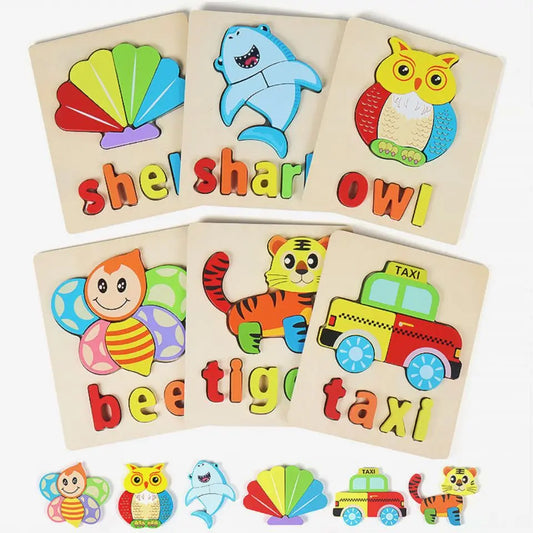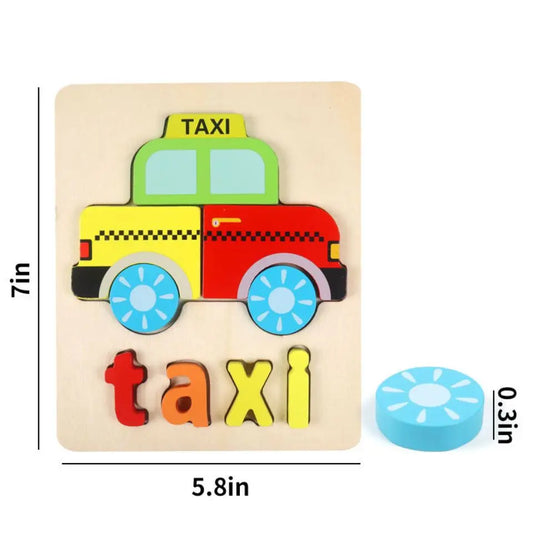The Importance of Montessori Toys in Modern Parenting: Montessori toys have become an essential part of modern parenting as more parents in Australia recognize their value in early childhood development. These toys, based on the educational principles of Dr. Maria Montessori, are designed to support independent learning and hands-on exploration. In this Guide to Montessori Toys in Australia, we will explore Why Montessori Toys are Perfect for promoting cognitive, physical, and emotional growth in young children. Montessori Toys Australia has gained popularity because they provide children with the tools to explore, solve problems, and develop essential life skills through play.
Montessori toys are different from traditional toys in that they are simple, purposeful, and made from natural materials like wood. These toys encourage children to focus on activities that require concentration and fine motor skills, allowing them to develop at their own pace. Whether it's stacking rings, puzzles, or practical life toys like child-sized kitchen sets, Montessori toys help children build confidence, independence, and creativity. These toys offer open-ended play, which allows children to use their imagination and explore their surroundings in a meaningful way.
1. Understanding Montessori Toys: What Sets Them Apart?
Montessori toys differ significantly from traditional toys, both in design and purpose. While many commercial toys focus on entertainment, sensory overload, or immediate gratification, Montessori toys are intentionally designed to be simple, functional, and aligned with educational goals. The key characteristics of Montessori toys include:
-
Natural Materials: Montessori toys are typically made from natural materials like wood, metal, and fabric, which are durable, eco-friendly, and safe for children. The tactile nature of these materials engages children’s senses, helping them explore the world through touch and manipulation.
-
Purposeful Play: Each Montessori toy is designed with a specific developmental goal in mind, such as improving fine motor skills, problem-solving abilities, or concentration. For example, puzzles help develop spatial awareness and critical thinking, while stacking toys teach balance and coordination.
-
Simplicity: In contrast to the flashy, electronic toys commonly seen today, Montessori toys are simple and free from distracting sounds, lights, or buttons. This simplicity encourages children to focus on the activity at hand, allowing them to fully engage in the learning process.
-
Self-Directed Learning: Montessori toys encourage independent play, allowing children to explore and experiment on their own. These toys often have a self-correcting design, meaning that children can recognize and fix their mistakes without adult intervention, promoting autonomy and confidence.
2. The Role of Montessori Toys in Cognitive Development
One of the most important benefits of Montessori toys is their role in fostering cognitive development. During the early years, a child’s brain is rapidly growing and forming connections. Play is one of the most effective ways to support this growth, and Montessori toys are particularly suited for this purpose.
Many Montessori toys are designed to encourage problem-solving, logical thinking, and concentration. For example, building blocks and puzzles challenge children to think critically and figure out how pieces fit together. As they manipulate objects, children develop their spatial reasoning, memory, and attention to detail. Toys like shape sorters, bead threading sets, and counting beads introduce mathematical concepts such as numbers, patterns, and geometry in a playful, hands-on way.
By allowing children to explore these toys at their own pace, Montessori toys help build cognitive skills that are essential for future academic success. Unlike toys that provide instant feedback, Montessori toys promote deeper thinking and allow children to practice patience, perseverance, and focus—skills that will benefit them throughout their lives.

3. Promoting Independence and Confidence in Children
One of the core principles of Montessori education is promoting independence. Montessori toys are designed to allow children to work on tasks without constant adult guidance. This emphasis on independent play gives children a sense of ownership over their activities and builds self-confidence.
For instance, practical life toys such as child-sized kitchen sets, cleaning tools, and dressing frames enable children to practice real-world tasks on their own. These toys teach valuable life skills such as pouring, sweeping, and buttoning clothes. As children successfully complete these tasks, they gain confidence in their abilities and learn to take responsibility for themselves.
Montessori toys also help children develop problem-solving skills by encouraging them to figure things out independently. When a child works with a puzzle or a shape sorter, they are faced with a challenge they must solve on their own. This experience fosters resilience and perseverance, as children learn to try different approaches and keep going until they succeed.
Modern parenting increasingly focuses on fostering independence in children, and Montessori toys are a natural fit for this goal. By giving children the tools they need to learn and grow independently, parents can help them build the confidence they need to thrive.
4. Building Fine Motor Skills Through Play
Motor skill development is another critical aspect of early childhood, and Montessori toys are well-suited to help children develop both fine and gross motor skills. Fine motor skills involve the coordination of small muscles in the hands and fingers, which are essential for tasks like writing, drawing, and manipulating objects.
Montessori toys such as stacking rings, pegboards, and threading beads encourage children to use their hands in precise ways, helping to develop dexterity and hand-eye coordination. These toys also promote muscle strength in the hands, which is important for mastering skills like holding a pencil or cutting with scissors.
Gross motor skills, which involve larger movements such as walking, running, and balancing, are also supported by Montessori toys like balance boards and climbing frames. These toys challenge children to move their bodies in ways that build strength, coordination, and balance, all while having fun.
Incorporating Montessori toys into a child’s playtime not only provides opportunities for physical development but also helps them refine the skills they will need for academic and everyday tasks.
5. Fostering Creativity and Imagination
Creativity and imagination are vital components of a child’s intellectual and emotional development. Montessori toys encourage open-ended play, meaning there is no one “right” way to use them. This freedom allows children to use their imagination to explore different ways of interacting with the toys.
For example, a set of wooden blocks can become anything a child imagines—whether it’s a castle, a tower, or a bridge. The simplicity of Montessori toys allows children to fill in the gaps with their own creativity, fostering problem-solving and abstract thinking.
Pretend play toys, such as wooden animals, play kitchens, and dress-up clothes, also support creativity by allowing children to engage in role-playing scenarios. This type of play not only enhances imagination but also helps children develop social skills, empathy, and communication.
Modern parenting emphasizes the importance of nurturing creativity, and Montessori toys provide the perfect platform for this. By offering toys that are simple, versatile, and open-ended, parents can encourage their children to explore their imagination and develop cognitive flexibility.
Conclusion: The Importance of Montessori Toys in Modern Parenting
As modern parenting evolves, there is a growing recognition of the importance of providing children with the tools they need to learn, grow, and develop in a nurturing environment. Montessori toys offer a unique way to support children’s cognitive, physical, and emotional development. These toys promote independence, creativity, and problem-solving, all while fostering a love of learning.
The simplicity and purposeful design of Montessori toys make them an ideal choice for parents who want to encourage self-directed play and holistic development. By incorporating Montessori toys into your child’s daily routine, you can create a rich learning environment that supports their natural curiosity and helps them build the skills they need to succeed.
Whether you are looking to improve your child’s cognitive abilities, fine motor skills, or creativity, Montessori toys offer a timeless and effective solution that aligns perfectly with the goals of modern parenting.

